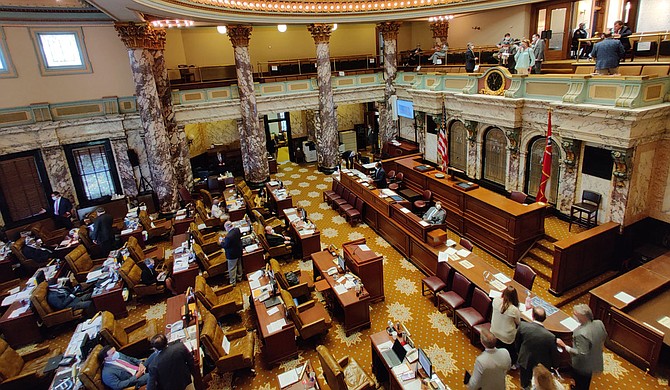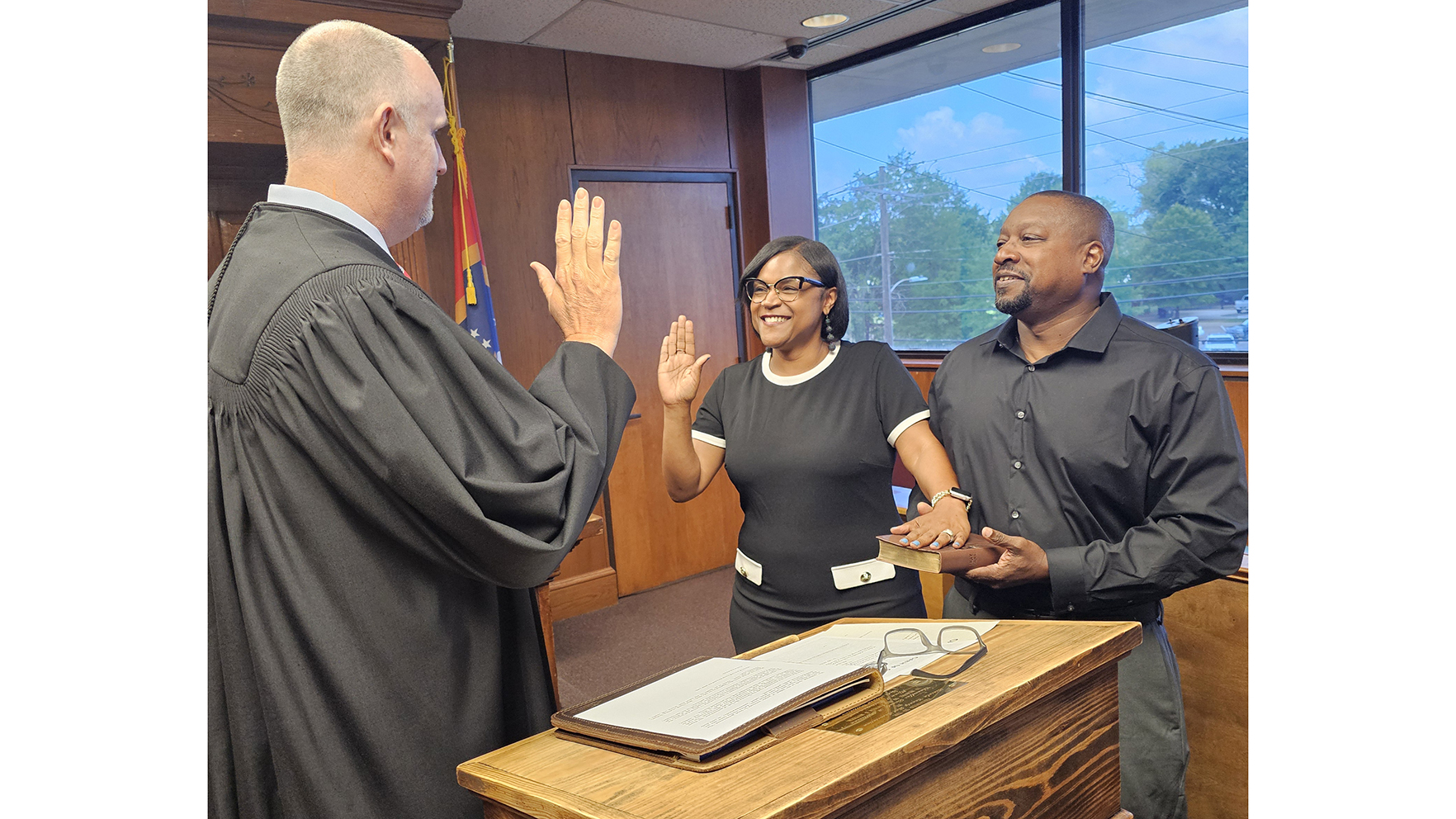What MS bills have been enrolled or engrossed, and what does that mean?
Published 2:00 pm Thursday, February 23, 2023
A bill is introduced into a chamber of the Legislature after it is drafted (written). The bill is read — usually a synopsis, not in full — before the chamber (House or Senate) and discussed. It may then be referred to one of more committees. The members of the specialized committee will debate, research, and possibly modify the bill before returning it to the chamber with a recommendation of “Pass” or “Do Not Pass.”
After the bill is read again, it is put to a vote. If it passes the chamber, it is considered “engrossed” and is sent to the other chamber. Engrossed House bills are sent to the Senate; engrossed Senate bills are sent to the House.
As of 10 a.m. Wednesday, Feb. 22, 2023, 40 resolutions and more than 600 bills had been engrossed in the Mississippi Legislature.
The process is repeated in the second chamber, where it becomes “enrolled” if passed. This version will be sent to the Governor, who may have the power to veto the bill, sign the bill or de facto approve it by letting it sit for a fixed period of time with no action on the governor’s part.
As of 10 a.m. Feb. 22, two bills were enrolled in the Mississippi Legislature, one originating from each chamber.
House Bill 37 was an act to delete a provision to provide compensation for commissioners of the Standard Dedeaux Water District. The bill was signed Tuesday.
Senate Bill 2962 was an act to make additional Capital Expense funds available to certain boards and offices for specific expenses. These were for: the office of the attorney general for Fiscal Years 2023 and 2024; State Veterans Affairs Board (FY23-24); Department of Public Safety (FY23); Department of Education (FY23); Department of Finance and Administration (FY23-24); Department of Wildlife, Fisheries and Parks (FY23); Board of Animal Health (FY23); Administrative Office of Courts (FY23); East Central Community College (FY23); Hinds Community College (FY23); Mississippi Board of Registered Professional Geologists (FY23); and the Mississippi Department of Information Technology Services (FY23-24).
Gov. Tate Reeves was expected to sign the bill into law on Monday, Feb. 27.
Lincoln County legislators
As of Feb. 22, Rep. Vince Mangold has authored, sponsored or cosponsored five resolutions that have been signed or adopted, and 18 bills that have been engrossed. Of the engrossed bills, Mangold cosponsored a bill to pay for support and maintenance of the State Forestry Commission for FY2024 (HB1628); an act to prevent Mississippi-manufactured firearms suppressors from being subject to federal laws within the state (HB912); and a bill to allow beneficiaries of law enforcement officers killed in the line of duty to be able to receive the officer’s sidearm (HB281).
Rep. Becky Currie also cosponsored HB281. Currie authored, sponsored or cosponsored five resolutions that have been signed or adopted, and 24 bills that have been engrossed. In addition to HB281, Currie’s engrossed bills include an act authorizing an income tax credit for employers that provide dependent care for employees during work hours (HB1735); and a bill to create the Second Amendment Financial Privacy Act to keep personal financial records private in regard to firearms purchases unless required otherwise by law (HB1110).
Sen. Jason Barrett has authored, sponsored or cosponsored 12 resolutions that have been signed or adopted, and 16 bills that have been engrossed. These include an act to prohibit ballot harvesting (SB2358); a bill to allow a Department of Corrections inmate to serve all or part of his/her sentence in a county jail if requested or approved by the appropriate Board of Supervisors of sheriff (SB2495); and acts to provide funding for repairs and renovations at Mississippi School of the Arts (SB2944) and construction of Copiah-Lincoln Community College’s Educational, Performing Arts and Athletic Center (SB2907).





